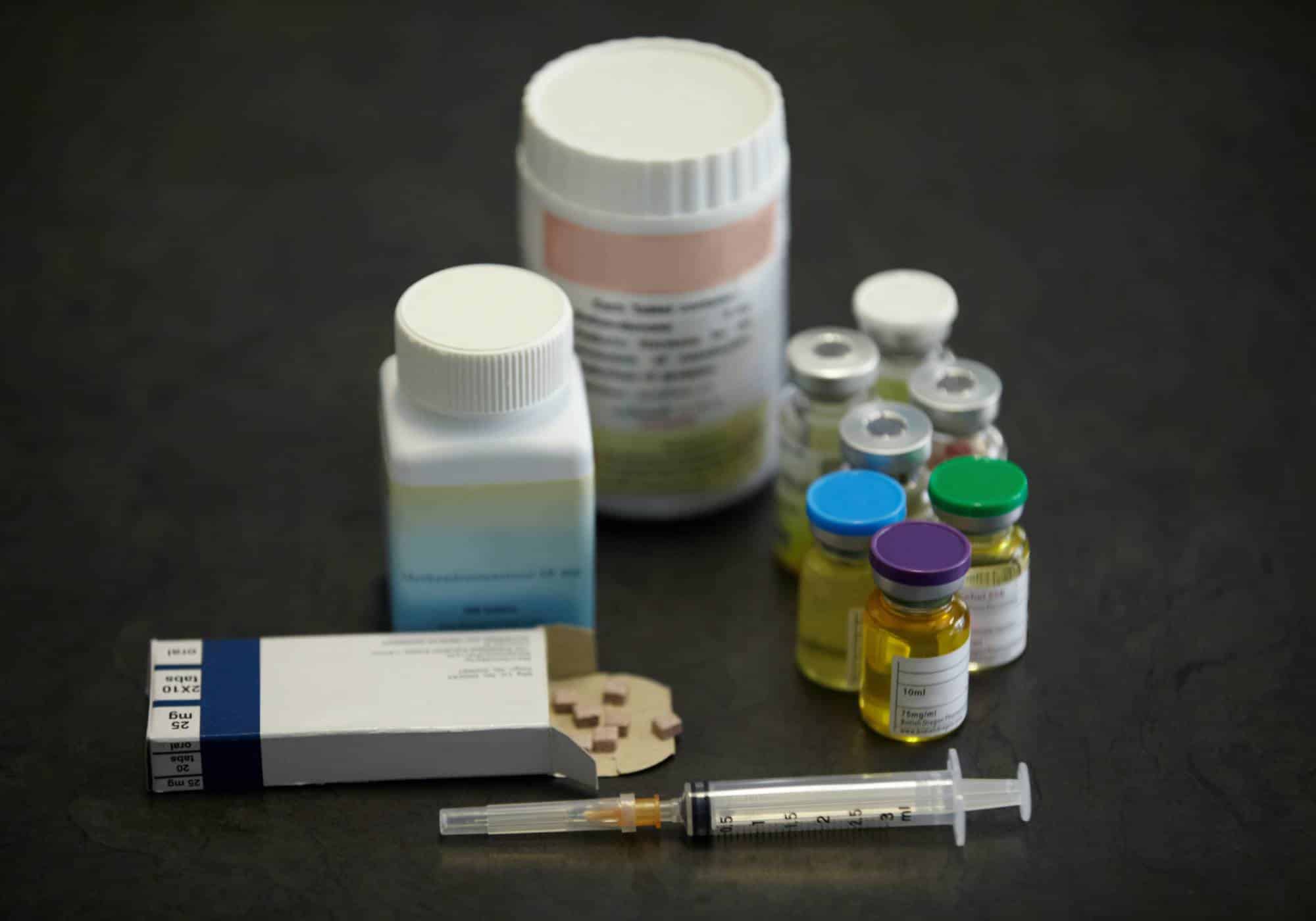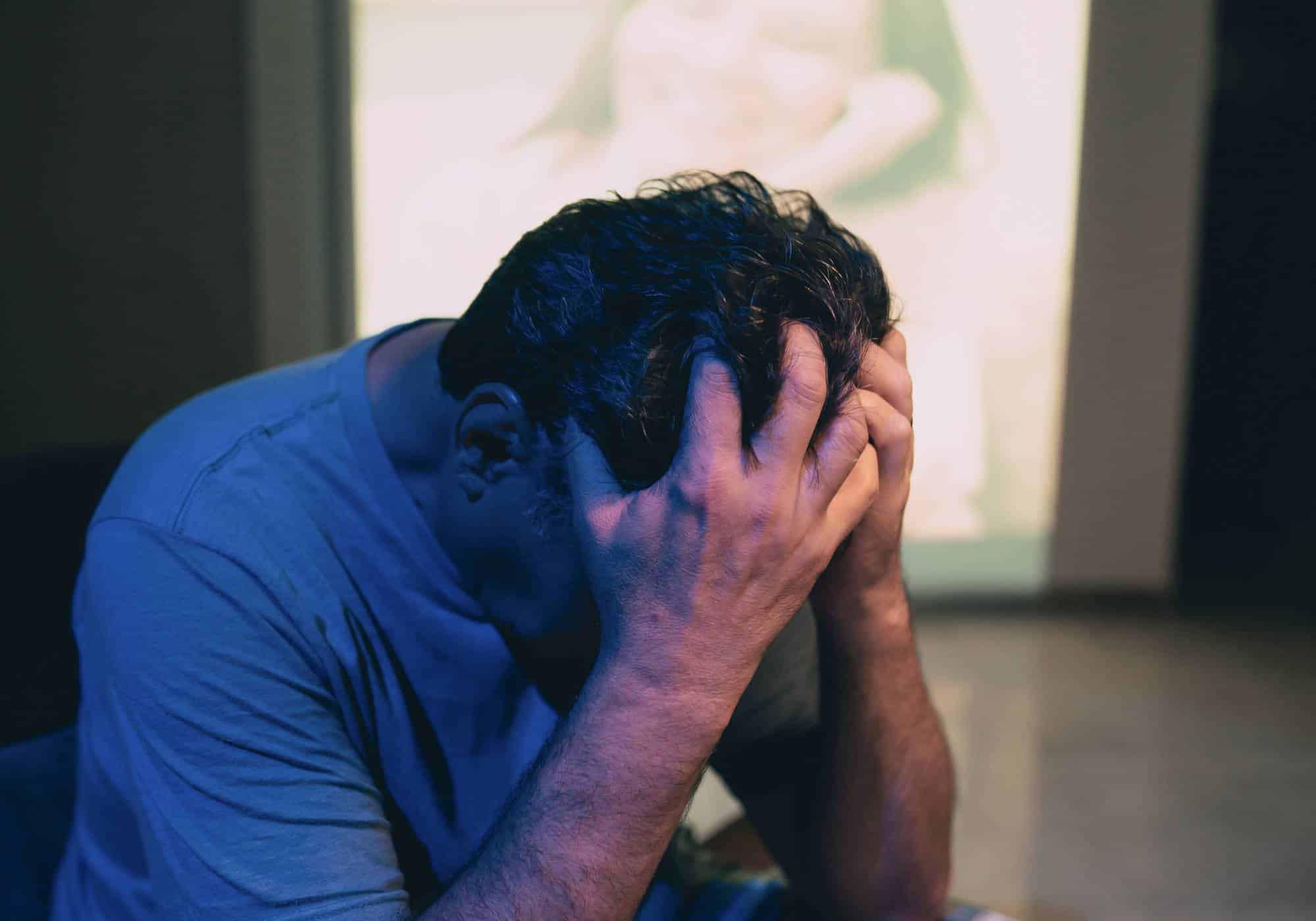Stopping opiate use can lead to withdrawal symptoms that, while distressing, are usually not life-threatening. These symptoms can emerge within hours after the last opiate dose and may linger for more than a week.
Hope Harbor Wellness acknowledges the crucial importance of detoxification in the addiction recovery process, including coordination with medical detox centers for managing opiate withdrawal symptoms. Our committed team stands ready to assist individuals navigating this challenging but essential stage of recovery. If you or someone you care about is dealing with opiate addiction in Atlanta, GA, we invite you to reach out to us at 678-672-6731. We’re prepared to offer the support and resources needed for a successful journey towards recovery, ensuring a safe and effective approach to overcoming addiction.
This article provides insights into the withdrawal experience from opiates such as morphine or codeine, outlining expected symptoms and their timelines. Furthermore, it discusses approaches for managing these symptoms and highlights the importance of professional support in this process.
What are Opiates?
Opiates are a group of narcotics derived from the poppy plant, known for their intense euphoric effects that can last for hours. Unfortunately, this powerful impact makes them highly susceptible to abuse and addiction, trapping many in a cycle of dependency. Most opiates are prescribed for pain relief and come in pill form, except for heroin, which is an illegal substance. The United States faces a serious issue with opiate addiction, encompassing both the illegal consumption of heroin and the abuse of prescription opiates.
How Do Opiates Affect the Brain?
Opiates, substances obtained from the opium poppy plant, have been used around the world for centuries, serving both therapeutic and recreational purposes. As a Schedule II controlled substance, opium is acknowledged for its medical utility but is also known for its potential to lead to dependency.
In contemporary times, the direct use of opium has declined, yet it serves as a precursor for creating pain-relieving medications such as morphine and codeine. Morphine is primarily used to alleviate severe pain or as a sedative, while codeine, which possesses milder analgesic and sedative properties, is commonly prescribed for coughs and included in several over-the-counter products.
Being natural extracts, morphine and codeine fall under the opiates category. This group is part of the larger opioid family, which also includes synthetic drugs like fentanyl and oxycodone, designed to produce similar analgesic effects. Heroin, another member of the opioid class, activates the same opioid receptors in the brain, influencing feelings of pleasure and pain. This interaction underscores the profound influence these substances can exert on the brain’s function and the neural pathways that govern pain and pleasure sensations.
What is Opiate Withdrawal?
Opiate withdrawal is the body’s response to stopping the use of opiates after a period of regular consumption, leading to various withdrawal symptoms as the body adapts to the absence of the substance. Over time, the use of opiates and other opioids can result in physical dependence, where larger doses are needed to attain the same effects previously achieved with smaller amounts.
This withdrawal can occur in individuals with or without an addiction, including those who have used opiates for legitimate medical purposes. Yet, when an individual persists in using opiates despite experiencing negative consequences, this dependence may escalate into an addiction, which is medically referred to as a substance use disorder.
The misuse of synthetic opioids, such as fentanyl, is increasingly prevalent, but the 2020 National Survey on Drug Use and Health showed that morphine and codeine misuse remains significant, with 8.9% and 12.2% of respondents, respectively, reporting misuse in that year.
The journey through opiate withdrawal is pivotal for recovery, though it presents considerable challenges. The intensity and duration of withdrawal symptoms greatly depend on the length and severity of opiate use. Effective management of withdrawal is paramount and typically requires the guidance of medical professionals to ensure a safe and supportive process towards overcoming opiate dependence.
Opiate Withdrawal Symptoms
Opiate withdrawal manifests with a range of symptoms that reflect the body’s adjustment to the lack of opiates after regular use. The severity and nature of these symptoms heavily depend on how long the opiates were used, the amounts taken, and how abruptly the use was stopped. These symptoms signify the body’s effort to detoxify itself from the opiates.
Commonly reported symptoms of opiate withdrawal are:
- Aching muscles
- Abdominal pain
- Anxiety or agitation
- Increased heart rate
- Fever and chills
- Nausea and vomiting
- Diarrhea
- Tremors
- Depressive mood
The severity of these symptoms can vary, influenced by the individual’s overall health, duration and pattern of opiate use, environmental stress, and genetic factors related to addiction susceptibility.
The diverse nature of withdrawal experiences highlights the critical need for medically supervised detox, ensuring a safer and more controlled withdrawal process, reducing the risks associated with detoxification. For those facing the challenges of opiate addiction, we encourage you to get in touch with us at 678-672-6731 or through our online form for information about our comprehensive opiate addiction treatment in Atlanta, GA. Embark on the path to recovery and reclaim your life from the grasp of opiate addiction.
Can You Die From Opiate Withdrawal?
Opiate withdrawal, though often not fatal, can become intensely uncomfortable and may occasionally result in serious complications. The severe vomiting and diarrhea characteristic of withdrawal can, without timely medical care, cause dangerous levels of dehydration and a significant increase in blood sodium levels. Such dehydration risks disrupting the body’s electrolyte equilibrium, which in extreme scenarios, might precipitate heart failure. This highlights the necessity of undergoing opiate withdrawal with the guidance and oversight of medical professionals, who can ensure the process is as safe as possible and can swiftly manage any arising complications.
How Long Does Opiate Withdrawal Last?
Opiate withdrawal spans four key stages: anticipatory, early acute, fully-developed acute, and Post-Acute Withdrawal Syndrome (PAWS), each with its distinct symptoms and challenges.
Symptoms of acute withdrawal usually start within a few hours of the last dose of opiates, manifesting as severe, flu-like conditions that are typical of withdrawal from painkillers. After this acute phase, a period of protracted abstinence begins, which can extend up to six months. This phase is particularly crucial as individuals are more vulnerable to triggers that could lead to a relapse.
Opiate Withdrawal Timeline
The opiate withdrawal process is a tough journey marked by distinct phases, each presenting unique challenges and symptoms. Gaining an understanding of these stages offers insights into the expected experiences and underscores the necessity for robust support and appropriate medical care. From the onset of anxiety and cravings to the enduring phase of PAWS, each stage demands tailored coping mechanisms and medical oversight to enhance safety and bolster the prospects of a successful recovery. Below is a detailed examination of the opiate withdrawal timeline and the symptoms prevalent at each stage:
3-4 Hours: Anticipatory Stage
- Anxiety
- Fear
- Cravings
8-10 Hours: Early Acute Stage
- Anxiety
- Restlessness
- Flu-like symptoms, including nausea and vomiting
1-3 Days: Fully-Developed Acute Stage (Peak Withdrawal)
- Body tremors
- Muscle spasms
- Diarrhea
- Insomnia
- Elevated blood pressure
Up to 24 Months: Post-Acute Withdrawal Syndrome (PAWS)
- Persistent mood swings
- Continued anxiety and depression
- Sleep disturbances
- Poor concentration
- Irritability
This breakdown of the opiate withdrawal timeline emphasizes the critical need for support and medical supervision throughout the withdrawal process to ensure it is navigated safely and with the greatest chance of recovery success.
Opiate Withdrawal Treatment at Hope Harbor Wellness
Located in the serene suburbs of Atlanta, Hope Harbor Wellness is your ally in the fight against opiate addiction in Atlanta, GA. Our opiate rehab center, dedicated to holistic recovery, is ideally situated to offer you the support you need.
Our compassionate opiate outpatient program collaborates with top-tier medical opiate detox facilities, ensuring a safe and effective detox process. Once free from addictive substances, you can seamlessly transition into one of our specialized outpatient treatment programs at Hope Harbor Wellness, designed to address substance use disorders:
- Outpatient Rehab: A flexible program tailored to fit into your daily life.
- PHP (Partial Hospitalization Program): Offers a structured yet non-residential approach to treatment.
- IOP (Intensive Outpatient Program): Provides more intensive care while allowing you to maintain daily responsibilities.
- Dual Diagnosis Treatment Program: Caters to those with co-occurring mental health disorders.
Our opiate treatment programs incorporate a variety of interventions:
- MAT (Medication-Assisted Treatment): Utilizes medications to ease withdrawal symptoms and cravings.
- Psychotherapy: Addresses underlying psychological aspects of addiction.
- Group Therapy: Offers peer support and shared learning experiences.
- Individual Counseling: Provides personalized guidance and support.
- Family Therapy: Helps heal and strengthen family relationships.
- Holistic Therapies: Focuses on overall well-being, including physical, emotional, and spiritual health.
- Aftercare: Ensures ongoing support post-treatment.
Embark on your journey from addiction to recovery with Hope Harbor Wellness. Trust in our dedicated team to guide you every step of the way. For more information on our opiate withdrawal treatment in Atlanta, GA or to start your journey, call our admissions team at 678-672-6731.












